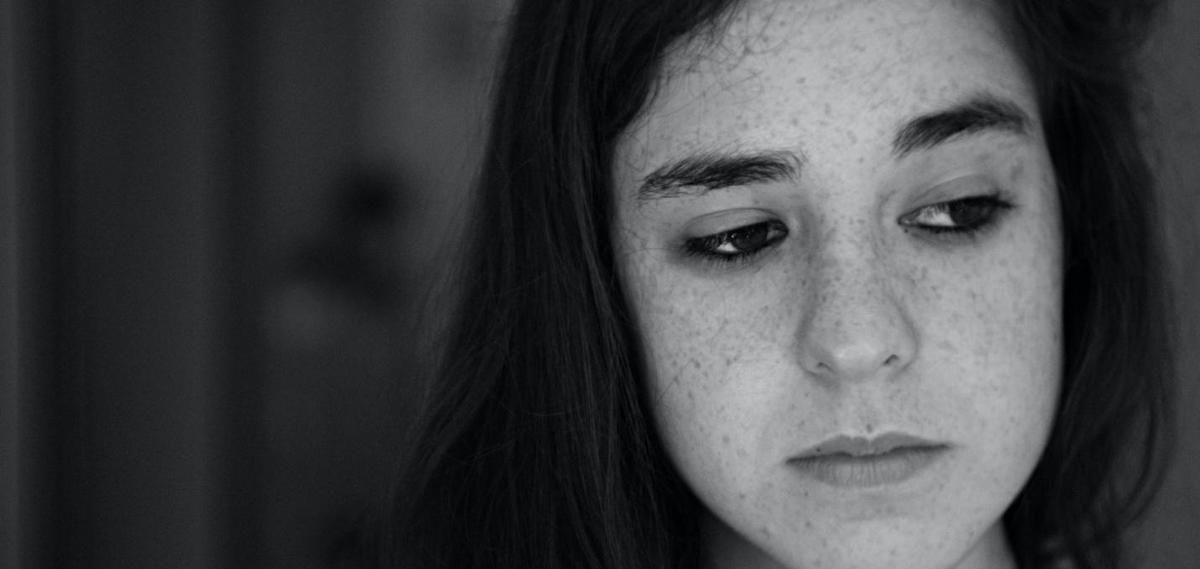Eating disorder, Not just a teen girl problem
Eating disorders – they’re not just a problem for teenage girls!
I thought it would be powerful to highlight just a few of the groups of people who suffer from eating and body image disorders that we rarely hear about. In the media, the most common stories on eating disorders often sensationalize anorexia, bulimia and compulsive overeating in young, white women (usually celebrities).
I would argue that eating disordered behaviors and body image distortion affect a much greater number of people, but either because they don’t fit within a defined “diagnosis”, or are not celebrities, we hear very little about the many other groups of people who can suffer a lifetime with low self-esteem and destructive eating behaviors.
Groups the Media Doesn't Talk About
- Did you know that male bodybuilders are at increased risk for developing eating disorders? In their study of 108 bodybuilders, Pope found that 2.8% of bodybuilders reported a history of anorexia, which is much higher than the 0.02% average for American men?
They also found an intriguing trend which they named “reverse anorexia syndrome” where 8% of bodybuilders believed they were too small, even though they were very large and muscular. These men reported that they often declined social invitations, refused to be seen at the beach, or wore heavy clothes in the heat of summer because they feared they looked too small! How often have we heard about that in the news? - We most often hear about the sad plight of teenagers with eating disorders, but did you know that the potential to develop eating disorders is very high in the middle aged and elderly, too? In fact, researchers Gupta and Schork found in their research that the appearance of wrinkles and other signs of aging could trigger anorexia in late life.
I have seen this in real life in my private practice, where I am treating more and more patients who are middle aged and older seeking help for anorexia when they never had it as a young person. - Another group who is prone to eating disorders that I bet you’ve never heard about (unless you are a member), are underweight boys and men. Another body image researcher (Mickalide) studied underweight males and their attitudes toward their bodies and found that they are extremely prone to feelings of shame and failure. Underweight is a much greater social taboo for men than for women, and he states this taboo has plagued men for centuries.
Harmatz discovered in his research that underweight males viewed themselves as “less handsome, less good natured, and having less sex-appeal” than control groups. They also wished to be less shy and physically stronger than they were. Underweight men dated less, believed they’d be turned down more, and were lonelier than controls. - Did you know that our male soldiers have a very high incidence of eating disorders? In her study of eating disorders among military men (and women), Navy Captain Peggy McNulty found rates among active duty military men of 2.5% for anorexia, 6.8% for bulimia, and an enormous 40.8% for other types of eating and body image disorders.
Most important and striking, 49% of the men studied who were not “officially diagnosable” did display disordered eating behaviors including dieting, intentionally vomiting, and using laxatives or diet pills. Much of this behavior has been attributed to the high stress environment of the military, focus on meeting physical readiness tests, and encouraging ritual and perfectionism.
_____________
As we continue our fight against eating and body image disorders, let’s be aware of how far a reach eating disorders and body image hatred actually has. We must include all people who suffer, often in silence, with body hatred, destructive eating and exercise habits, and social isolation caused by these behaviors. Everyone deserves our empathy and proper mental health treatment so we can truly eradicate these problems for EVERYONE!
_____________
As always, I appreciate your thoughts, and if you happen to belong to one of these groups discussed today, please know we’re here to help, and you CAN get better. Free and confidential 15 minute discovery calls are always available, and I’ll contact you the very same day. Just click here to register and I’ll be in touch soon.
Lori










